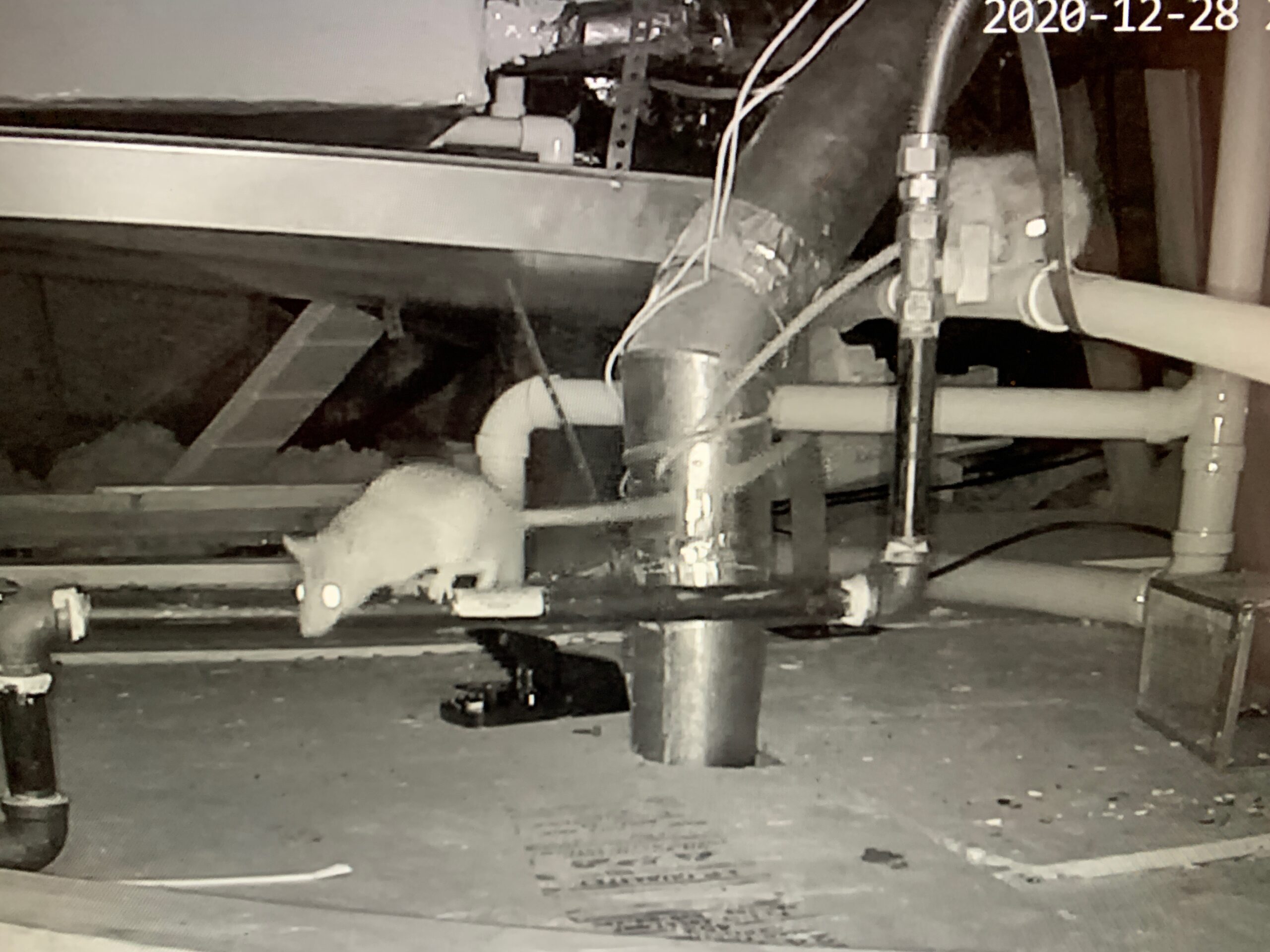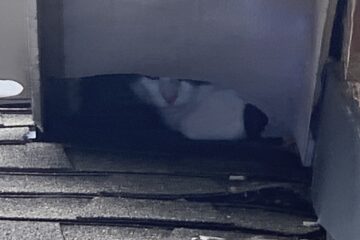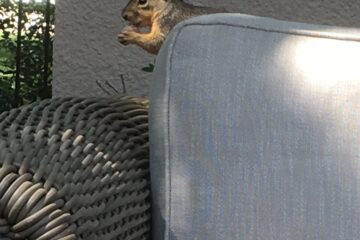When it comes to rodent control, there is often curiosity about natural remedies as an alternative to chemical-based solutions. While some natural remedies may show promise, it’s important to separate fact from fiction. In this article, we will explore common natural remedies for rodent control, examining their effectiveness and providing an objective assessment of their potential use.
- Peppermint Oil:
Peppermint oil is often suggested as a natural repellent for rodents. While its strong scent may deter rodents temporarily, it is unlikely to provide long-term control or eliminate an existing infestation. The effectiveness of peppermint oil as a repellent varies, and rodents can eventually become accustomed to the scent.
- Mothballs:
Mothballs contain naphthalene or paradichlorobenzene, which emit a strong odor. While some people claim that mothballs repel rodents, their effectiveness for this purpose is largely anecdotal. Moreover, mothballs are toxic and not intended for use in areas where people or pets frequent. It is not recommended to rely on mothballs for rodent control.
- Ammonia:
Ammonia is believed to repel rodents due to its strong odor. However, its effectiveness as a rodent deterrent is questionable. While rodents may initially avoid areas treated with ammonia, they can become accustomed to the scent over time. Moreover, the strong fumes of ammonia can be harmful when inhaled and should not be used in enclosed spaces.
- Cayenne Pepper and Garlic:
Cayenne pepper and garlic are often suggested as natural deterrents due to their strong scents. However, there is limited scientific evidence to support their effectiveness in repelling rodents. While these ingredients may have a temporary impact, they are unlikely to provide a long-term solution for rodent control.
- Ultrasonic Devices:
Ultrasonic devices emit high-frequency sound waves intended to repel rodents. However, the effectiveness of these devices is highly debated. Studies have shown mixed results, with some indicating no significant impact on rodent behavior. Moreover, ultrasonic waves can be absorbed or reflected by objects in the environment, reducing their effectiveness.
- Natural Predators:
Encouraging the presence of natural predators, such as cats or owls, is often suggested as a natural form of rodent control. While predators can help reduce rodent populations in certain situations, they are not a guaranteed solution and may not be practical for all settings. It is important to consider the potential risks and responsibilities associated with introducing predators to an environment.
While natural remedies for rodent control may sound appealing, it is crucial to approach them with caution and realistic expectations. The effectiveness of many natural remedies is often limited, inconsistent, or anecdotal. For comprehensive and reliable rodent control, it is generally recommended to rely on integrated pest management (IPM) strategies that combine multiple approaches, including proper sanitation, exclusion measures, targeted traps or baits, and, if necessary, the assistance of professional pest control services. These methods have been thoroughly tested and proven to provide effective and long-lasting results in rodent control efforts.




